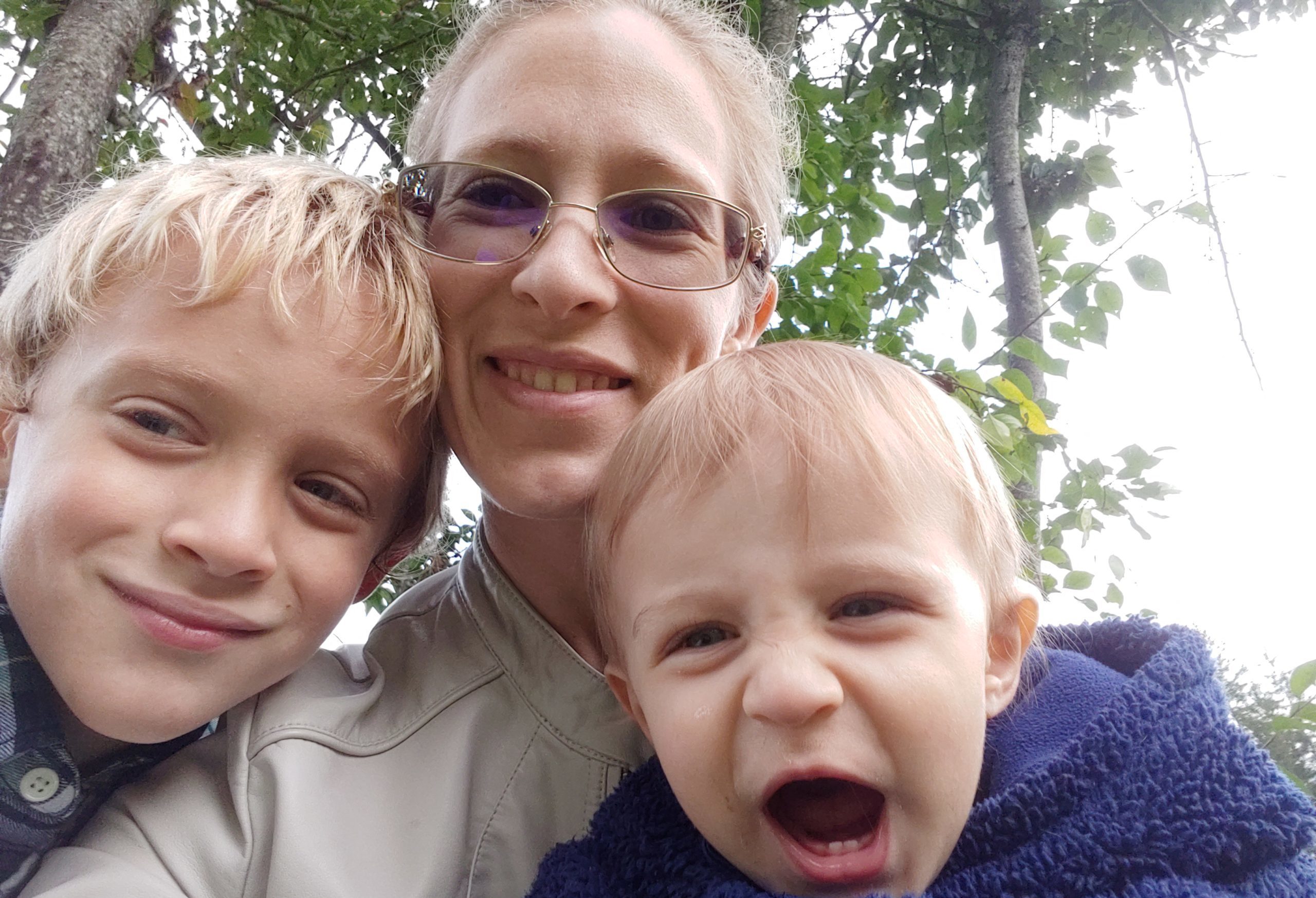I’m a Masters of Science in Applied Mathematics student and will complete my final course in December 2021.
Why did you decide to enroll at Northeastern University and pursue an advanced degree in mathematics?
As a robotics software engineer with a computer science background, I felt limited in writing complex algorithms to solve today’s problems without a firmer grasp of applied mathematics. I served in the Marine Corps for five years, so I had forgotten a lot of my fundamentals of calculus and probability. However, this program was really attractive because it is incredibly supportive of veterans! So I worked to relearn the basics before starting to build on that and grow within the program.
What is your experience in the program like?
I appreciate how easy it’s been to apply the topics I’ve been learning in classes to domains I would actually work with on the job. For example, I know I’m interested in the robotics space. Even though many of my classmates are in fields like finance and medicine, I’ve still made many of my projects relevant to my career aspirations. Some of these experiences include: creating a model for a lidar, using quadrature to estimate target positions over time, and sensor-based deep learning. In addition, as most of my time at Northeastern has been during the pandemic, online learning has made it easier for me to achieve more as I’ve had to handle more of the childcare during COVID.
Did a COS faculty or staff member help you excel in this program?
Yes! The faculty has been outstanding, and I would have to give a big thanks to four of them.
Before starting, I met with Professor Bade, who assured me that things would still be possible even though I would be having a baby my first semester. In addition, he shared helpful insights like needing to take the non-math courses over the summer as math classes wouldn’t be available then.
Professor Wang was very helpful and willing to guide me through an independent study course exploring Neural Style Transfer and GANs, which led to creating a children’s book I’ll be publishing on Amazon!
Professor Brorson had incredible lessons and was very generous with helping make sure I understood how to complete homework and my mini-projects.
Professor Lippner was very patient in helping me learn the concepts of proofs every office hour, as I had no background on proofs before his graph theory class.
What is your favorite course in your program? Why?
I enjoyed my mathematical methods and modeling class. It helped highlight the power mathematics has in answering real-world questions by analyzing the problem through math. I also enjoyed my final project, creating a model of a small lidar, using different environmental sensors to see how changes in the environment affected the sensor’s ability to sense accurately.
How will your MS in applied mathematics enhance your professional career?
I will return to work with so many more tools for creating mathematical algorithms, and the algorithms I create will be better. Also, I no longer feel intimidated when I read professional papers, as so much more of what I’m reading makes sense, and I’ll now be able to do it in my day-to-day work.
What are your post-graduation plans?
I am still exploring opportunities for when I graduate. I hope to work in a field where I can write interesting algorithms to process sensor data or help a robot make decisions.
Do you have any advice for graduate students looking for work experience in similar fields?
First, get your hands dirty with projects. The more you try things, the more you learn, and the more experience you’ll bring to a job. Second, explore networking opportunities! Boston Image and Vision meetup host many exciting events where you can go and meet others in the same field, enjoy interesting topics, and form connections.

